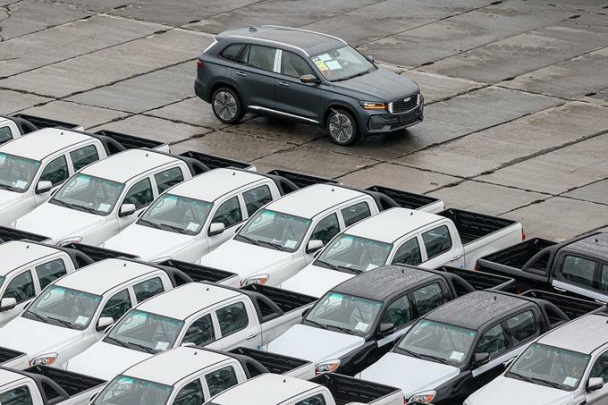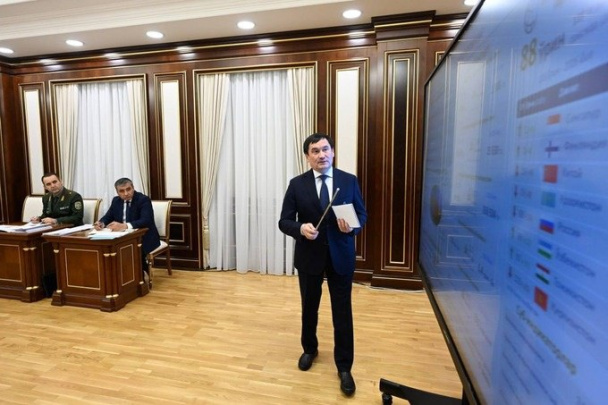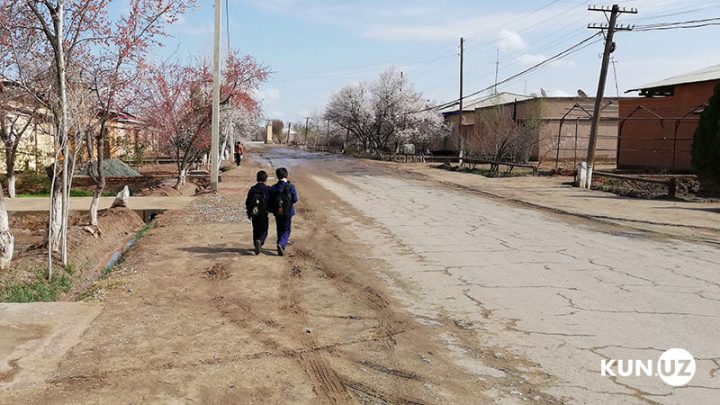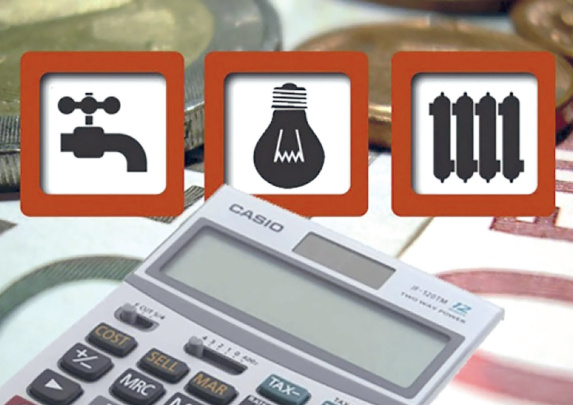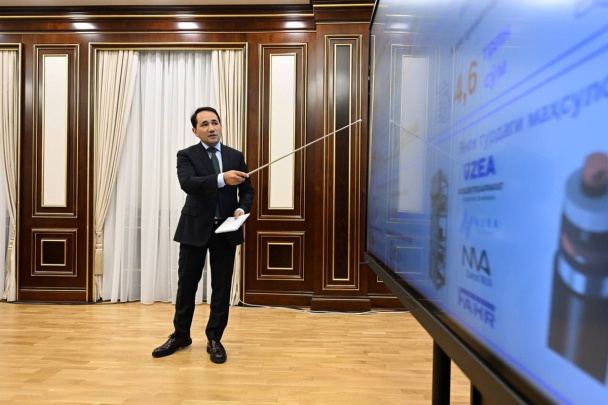In an interview published on February 7, Lukashenko said that the Union State, formed in 1999 with the participation of Russia and Belarus, could expand at the expense of the former Soviet republics.
“Belarus is already here [as part of the Union State]. I think it was a good lesson for Kazakhstan. If we take the next 15 years, I’m sure that if we don’t make a mistake, Ukraine will be here as well,” Lukashenko said.
He forecasts that Armenia will join the Union State because it has “nowhere to go”. Turkmenistan, Uzbekistan and Tajikistan are also expected to join the union due to economic necessity.
Kun.uz was interested in the views of Uzbek political analysts Farhod Tolipov and Kamoliddin Rabbimov.
- What does Lukashenko’s sharp statement mean for Uzbekistan?
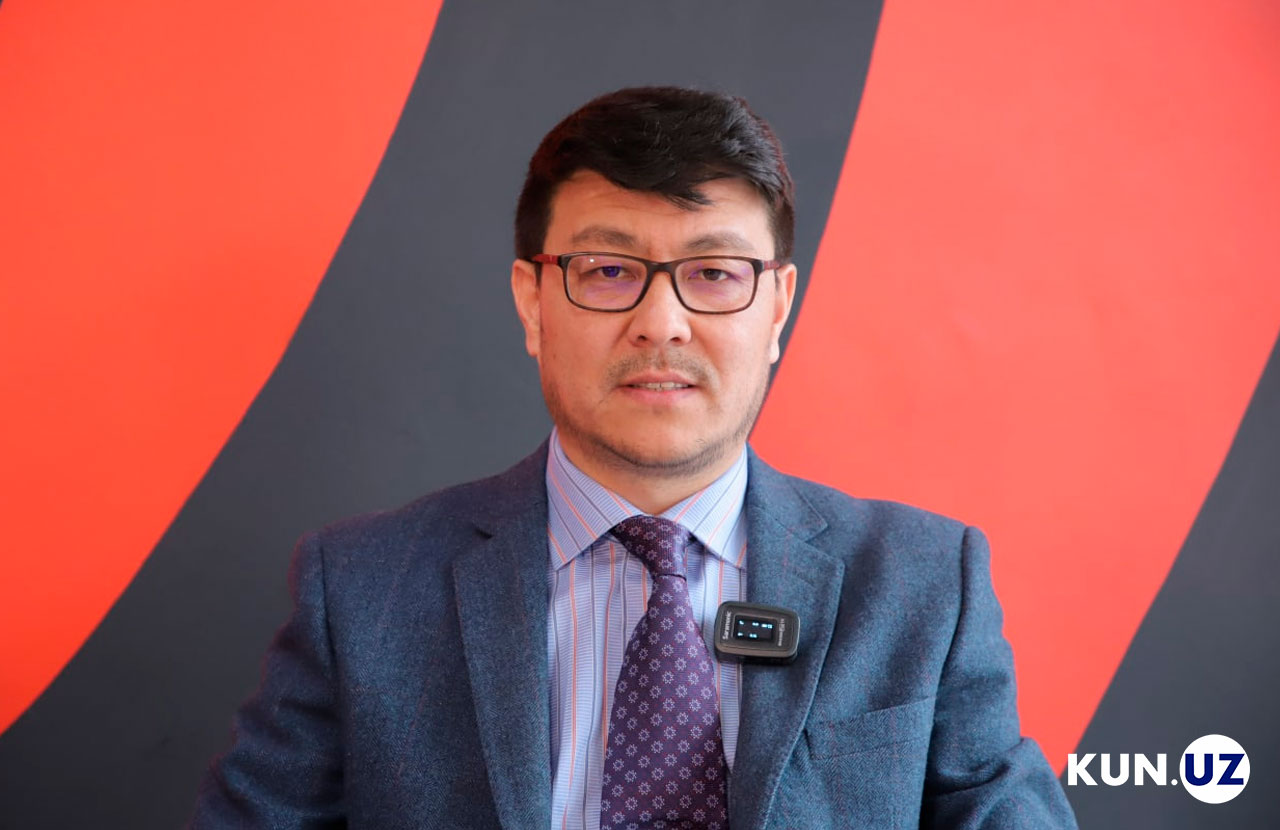
Kamoliddin Rabbimov:
- These views of Lukashenko are not spontaneous or frivolous. He is an experienced politician who has been in power in Belarus for almost 29 years.
If Lukashenko’s remarks were intended to be concealed by one of the Russian government’s propagandists, journalist Vladimir Solovyev, or the official Kremlin, that part of the interview would have been cut short so as not to intimidate the Central Asian states.
On the one hand, the project is in deep agreement with Putin and the Kremlin, and in Belarus this worldview is firmly established.
They have no hesitation in using force, pressure and creating their own projects through hybrid political technologies. The projects, the strategy is very clear.
In addition, it is an information pressure supported by the Kremlin. In other words, they are sending a signal to official Tashkent that we will not touch the symbols of sovereignty and independence of your official statehood, but in foreign policy you must be fully prepared to submit to us.
Farhod Tolipov:
- Lukashenko’s words are disrespectful to sovereign states. In particular, let’s take his views on Armenia. In this regard, he expressed a very rude and bold opinion that Armenia is completely dependent on Russia and cannot live without Russia.
The President of Belarus also softened his views on Uzbekistan, Tajikistan, Turkmenistan and Kazakhstan.
Speaking about his country, he said that we have already resolved the issue, we have already united with Russia.
This is a huge mistake made by Lukashenko. It is also a statement unworthy of a politician.
- How should official Tashkent react to such rude statements, which are often heard over time, in response to interference in the internal affairs of an independent state?
Kamoliddin Rabbimov:
- This is a very big question. The Uzbek government has a lot to do in domestic and foreign policy.
For states, legitimacy is the most important element that strengthens it. That is, the level of trust between the state, government and society is very important. We have seen this in the case of Kazakhstan and Belarus.
We see that every time there are social tensions or crises within the post-Soviet states, Moscow continues to use them to its advantage. That is, the geopolitical independence of states is either declining or completely lost.
But society may not always understand such problems. Therefore, initiatives should be reflected in the centralized, conscious policy of the state. The legitimacy of the state is nurtured through this.
Social, economic and especially administrative-political reforms should be intensified in Uzbekistan. It should also be elevated to a higher level as a political task to ensure the cohesion of society around the state.
So far, Uzbekistan has been pursuing a multi-vector and equally beneficial foreign policy. Continuing this policy, the outside world, and especially the geopolitical and foreign policy partners – the European Union, the United States, Turkey and other countries – must be sent the good news that geopolitical independence is very important for Central Asia.
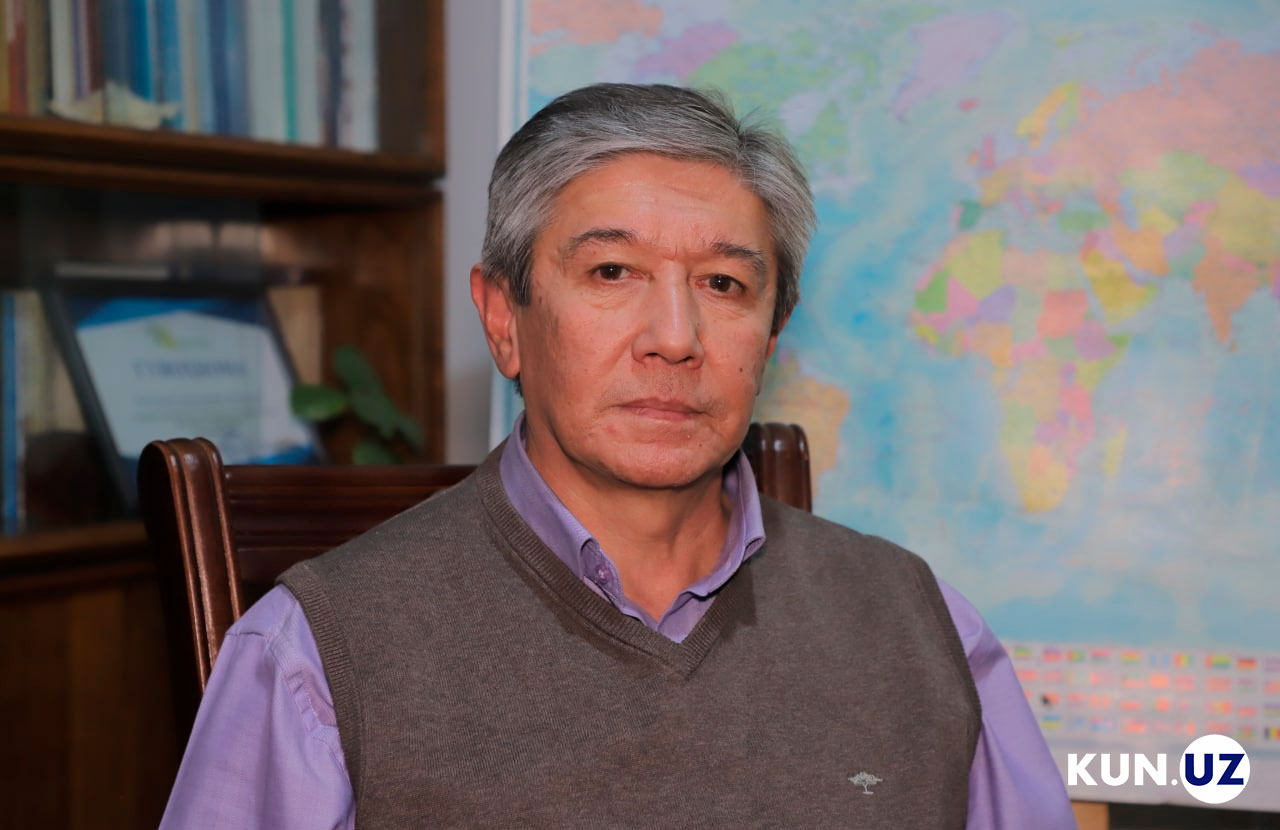
Farhod Tolipov:
- Uzbekistan must continue on its path, raising the idea of independence. Deviation from the interests of any major power is not in our national interests. In addition, the ideology of a market economy requires diversification.
According to the rules of diversification, relations with any country should be strengthened and trade corridors should be opened.
Second, we have chosen the path of a democratic state since the beginning of independence. We need to learn more from the experience of different democracies in this regard.
Both economic and political diversification is Uzbekistan’s way. Deviation is not our way.
The leadership of Uzbekistan and the political decision-makers must make a decision based on an in-depth study of the national interests of the country.
I am sure that within a certain period of time Alexander Lukashenko’s words will be answered. Moreover, it would not be appropriate for a self-respecting head of state to respond to clowns who, like Lukashenko, are tarnishing his political image.
Not turning a blind eye to it all, not answering it, ignoring it will be the answer itself, maybe.
It is not right for us to respond to a clown. Uzbekistan responded to him once, we are in this position and everyone knows it.

